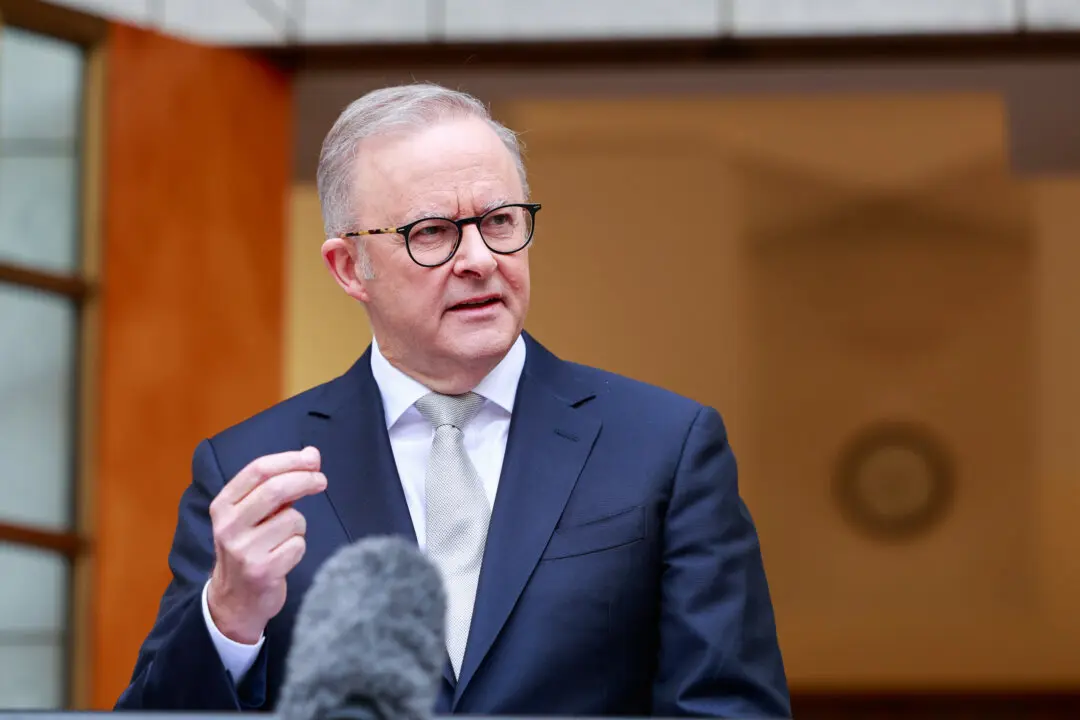Westpac has agreed to pay $1.3 billion, the largest fine in Australian corporate history, to settle a case brought against it for breaching international money transfer laws which could have funded terrorism or child exploitation.
The fine eclipses the record $700 million penalty against fellow major bank Commonwealth in 2018 for similar breaches.





